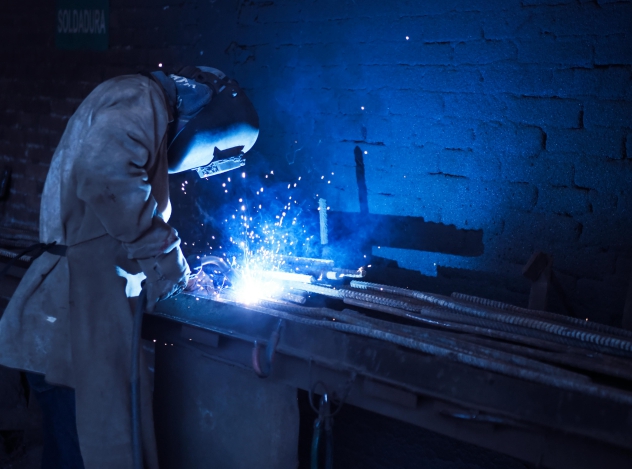


The manufacturing industry is undergoing a digital transformation, but it continues to face challenges such as equipment downtime, supply chain disruptions, quality control issues, and energy inefficiencies. These challenges are compounded by the increasing complexity of global supply chains and the need for sustainable practices.

Equipment Downtime: Unplanned equipment failures lead to production delays, increased maintenance costs, and missed delivery deadlines. Traditional maintenance practices, such as reactive maintenance, are no longer sufficient in today’s fast-paced environment.
Impact: Reduced productivity, higher operational costs, and dissatisfied customers.
Supply Chain Disruptions: Manufacturers rely on complex supply chains that are vulnerable to disruptions caused by natural disasters, geopolitical events, and logistical challenges. A lack of real-time visibility into supply chain operations exacerbates these issues.
Impact: Delayed production, increased costs, and lost revenue.
Quality Control Issues: Manual inspection processes are time-consuming, error-prone, and inconsistent. Defective products can lead to recalls, customer complaints, and reputational damage.
Impact: Increased waste, higher costs, and reduced customer trust.
Energy Inefficiencies: Manufacturing facilities consume significant amounts of energy, leading to high operational costs and environmental impact. Many manufacturers lack the tools to monitor and optimize energy usage effectively.
Impact: Rising energy bills, reduced profitability, and non-compliance with sustainability regulations.
We deploy predictive maintenance systems using IoT sensors and edge computing to monitor equipment health in real-time. Our digital twin technology simulates equipment performance for proactive maintenance.
Outcome: Reduced downtime, extended asset lifespan, and lower maintenance costs.
Our computer vision-based quality inspection systems use convolutional neural networks (CNNs) to detect defects in real-time. We also develop supply chain optimization models using reinforcement learning.
Outcome: Improved product quality, reduced waste, and optimized supply chain operations.
We provide cloud-based MES (Manufacturing Execution Systems) for real-time production monitoring and energy management platforms to optimize energy consumption.
Outcome: Enhanced operational efficiency, reduced energy costs, and improved sustainability.
We implement ERP systems with advanced planning and scheduling (APS) modules to streamline production planning and resource allocation.
Outcome: Improved production efficiency, reduced lead times, and better resource utilization.



